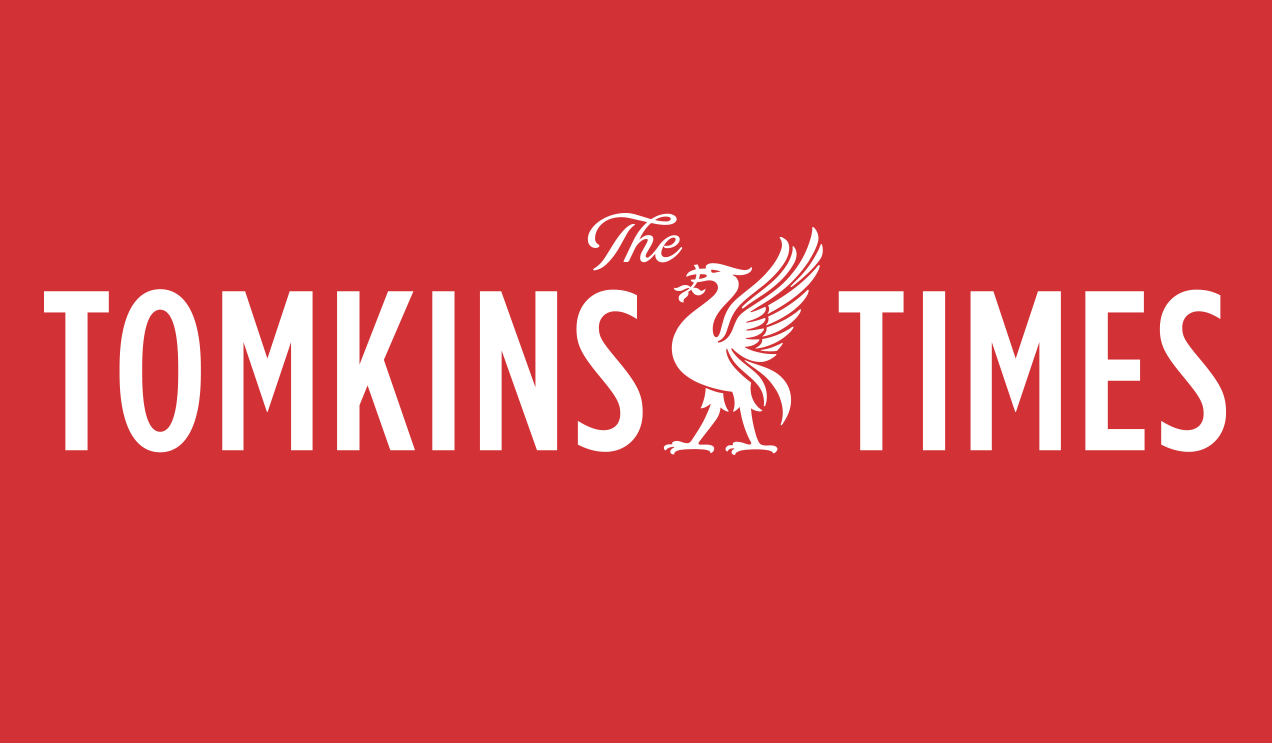Outliers Be Outlying – Too Young, Too Old, Too Cheap, Too New, All Affect League Position
A look at some possible correlation/causation in the Premier League in 2023/24
Not everything is predictable via data, and some stats matter more than others. But along with Andrew Beasley I've created a database of stats to monitor, as well as looking at stats sites to get a feel of other trends, and how it's affecting the league table.
So, this is a piece with a few observations on the season so far, after 10 games, with data and scatterplots that I will seek to update for inclusion in each week's match previews that Gary Fulcher provides, as part of an evolving format. (All being well.)
Liverpool Top the RPI Table
Several years ago we used an RPI model on TTT, but this one via Soccerstats.com is a very handy version that I’ve been monitoring lately.
Adding together teams' points per game versus their opponents’ ppg, the Reds are the only team to score above 3.0, at 3.27; Aston Villa sit second, at 2.99.
Spurs have no doubt improved a lot this season and the football looks fun (less so when the Reds are playing there with nine men and disallowed goals), but their opponents this season currently don’t even average 1ppg; and Spurs the only club out of the 20 that applies, against the league average of 1.40.
And of course, winning easier games, just like winning when not playing well, can build a platform of points to reduce league-table-pressure; unless complacency or bad luck creep in. It’s not necessarily momentum, but a safety net.
Arsenal sit third in the RPI table, at 2.59, to show the massive difficulty rating the Reds have faced in racking up 23 Premier League points (excluding the extra difficulty of tougher than normal away games, and playing nearly two full games, minutes-wise, with fewer than 11 men). Arsenal’s RPI score is only 75% that of the Reds’.
Liverpool’s tougher games have often been away, and as well as playing so many minutes with ten and nine men, and having a legitimate game-changing goal chalked off, have also been saddled with the tough 12:30 kickoffs, which also cannot be factored in (nor can Everton being a derby).
Only Man City have played teams with fewer league points than Spurs, at 1.06ppg, and then come Arsenal, at 1.08ppg.
RPI models tend to average out once nearer the halfway point of the season, but are particularly helpful at the quarter-point, when it’s nowhere near to everyone having played everyone else.
In the rest of this piece:
• The team with the costliest £XI and the most expensive squad (both adjusted for TPI inflation) is challenging for the title yet again; but two of the costliest squads have teams that are massively underperforming (none of three teams should be difficult to guess).
• One team in the top four are way in front of the whole division in terms of Balance of Big Decisions in their favour; at a rate that is freakishly good and impossible to maintain. They are on course for 20 penalties this is not sustainable (Manchester United were awarded 14 penalties the most penalties awarded in Premier League Season 2019/20, the record in the modern era.)
• Liverpool are getting one red card this season for every four yellows!
(The league average, excluding Liverpool, is one red for every 22.5 yellows.)
• Out of the traditional Big Six, plus Newcastle, the Reds rank 5th on Big Decision balance (and 8th overall).
• The team with the longest average time spent together is also the most over-achieving based on spending rank vs league position.
• The team with the shortest average time spent together is the biggest underachiever when based on spending rank vs league position, albeit another club is pushing them close.
• The shortest team (height wise) and the youngest team are both in the relegation zone.
(Last season I predicted trouble for Southampton before this point of the season, when they were not in the relegation zone, when I saw that they were both the shortest and the youngest. To be both short and young – especially as younger players will generally have less bulk too – is to be pushovers. To be a ‘new’ team too, with little shared history, is also asking for trouble.)
• The oldest team in the league is struggling.
• As is always the case, and which counters what fans say, some smaller clubs get more Big Decisions than some bigger clubs/better teams. One of the worst teams in the league this season sit above Liverpool, Man City, Man United and Chelsea for Balance of Big Decisions.
Each category has some trend-buckers, but the overall patterns remains, as I will discuss below in more detail. Outliers – good and bad – often hold some of the best or worst positions.
This article is for paying TTT Main Hub subscribers only.
Keep reading with a 7-day free trial
Subscribe to The Tomkins Times - Main Hub to keep reading this post and get 7 days of free access to the full post archives.





